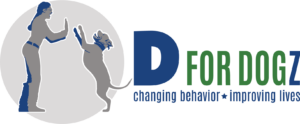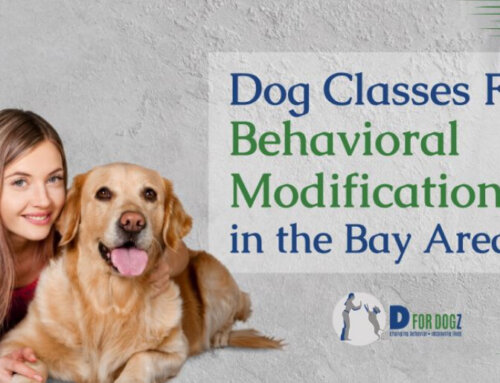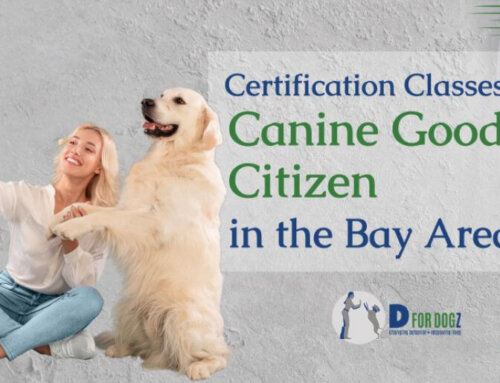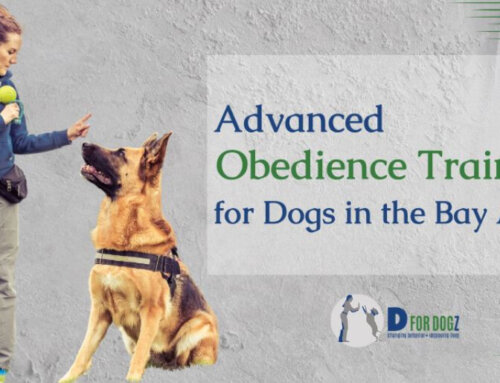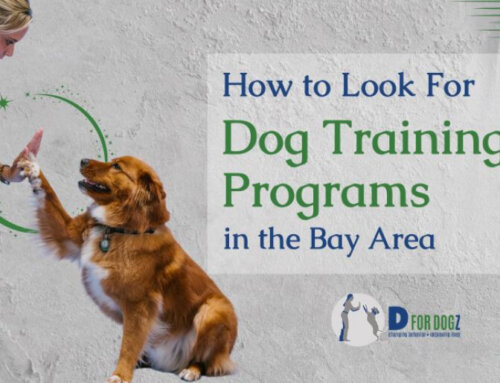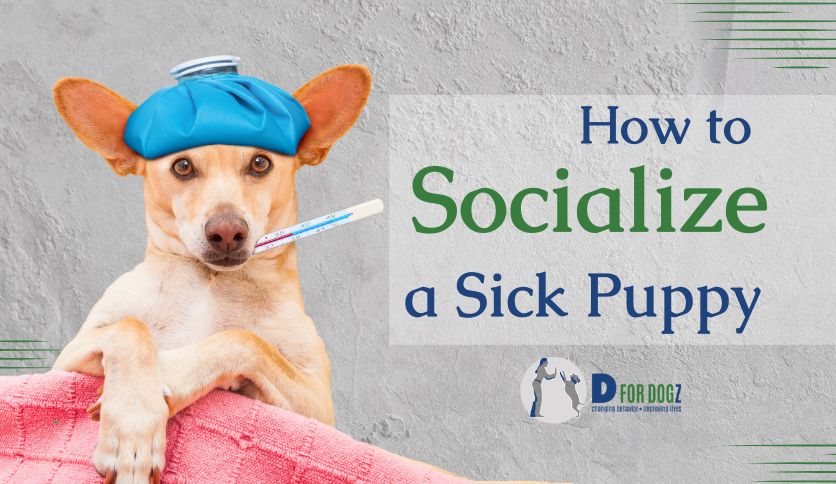
Socializing your puppy is a foundational aspect of their early development, crucial for shaping their behavior and temperament. However, when your puppy is unwell, traditional socialization methods may not be feasible due to health concerns and the risk of transmitting illness to others. This does not mean socialization should halt. Adapting strategies to meet your puppy’s health and developmental needs and balancing their physical well-being with mental and emotional growth is essential.
Even during sickness, there are safe, controlled ways to introduce your puppy to new experiences, people, and animals, fostering their social skills without compromising their health.
Key Takeaways
- Safely socializing your sick puppy requires creative methods, such as indoor parties and controlled outdoor experiences. These ensure that the puppy continues to develop essential social skills without risking its health.
- Sound therapy can effectively acclimate your puppy to various noises, from thunderstorms to construction, fostering a calm and confident demeanor.
- Constructing a home-based obstacle course offers a unique opportunity for physical and mental stimulation, aiding their overall development while keeping them engaged and safe.
- When appropriate, direct supervised interaction with fully vaccinated adult dogs can teach invaluable social cues and behaviors, enriching your puppy’s understanding of canine communication and hierarchy.
Why Do Puppies Need to Socialize Even During Sickness?

Image Source: Freepik
Puppies have a critical socialization window that typically closes by about 14 to 16 weeks of age. During this period, they are especially receptive to new experiences, and their encounters can profoundly influence their future behavior and temperament. Illness can present significant challenges to socializing a puppy, as it may limit their ability to interact with other dogs and people, potentially leading to missed opportunities for essential learning and development.
Despite these challenges, it remains crucial to continue socialization efforts in a manner that safeguards the puppy’s health. Finding alternative ways to expose them to various stimuli and social situations without risking further illness or disease transmission is essential for their overall development and well-being.
How to Socialize Your Puppy During Illness
Engaging in safe and enriching activities is crucial to effectively socialize your puppy, especially when it is not fully vaccinated or recovering from illness. Here are tips on socializing puppies in a secure and controlled manner.
Have a Puppy Party at Home
Inviting friends and family to your home can be an excellent way to socialize your puppy in a controlled environment. The goal is to expose your puppy to various people, including children, in a setting where you can manage interactions closely.
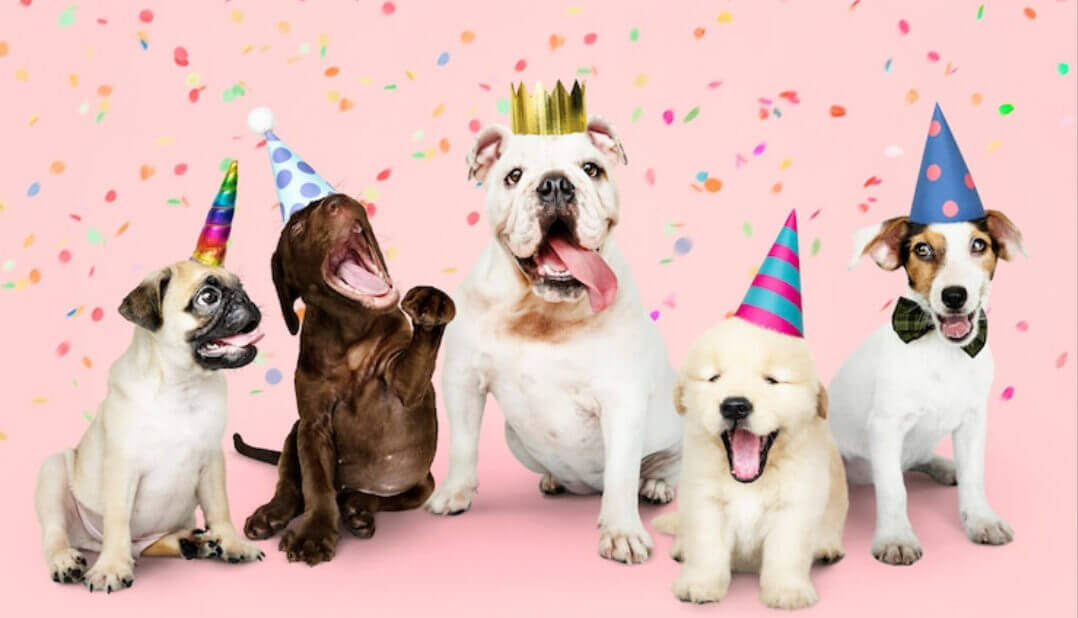
Image Source: Freepik
Encourage guests to interact gently with your puppy by offering treats, petting, and playing. This controlled setting allows your puppy to experience new faces and behaviors without the stress of an unpredictable environment.
The key is to ensure that all interactions are positive, using treats and praise to create a fun and rewarding experience for your puppy, helping them associate new people with positive outcomes.
Have a Puppy Party on the Town
Once your veterinarian approves, taking your puppy to visit friends who don’t have pets can be another excellent way to socialize it. This exposes your puppy to environments outside of its home, which is essential for its development.
When visiting, carry your puppy if they’re not fully vaccinated to avoid exposure to where unvaccinated dogs may have been. Ensure the experience is positive, with plenty of treats and comforting words to help your puppy feel secure in new settings.
Work on Sound Therapy
Introducing your puppy to a variety of sounds is crucial for their socialization. Playing recordings of thunderstorms, fireworks, crying babies, and other common noises can help desensitize them, reducing fear and anxiety in real-life situations. The key is to start at a low volume and gradually increase it, ensuring you observe your puppy’s reaction and comfort.
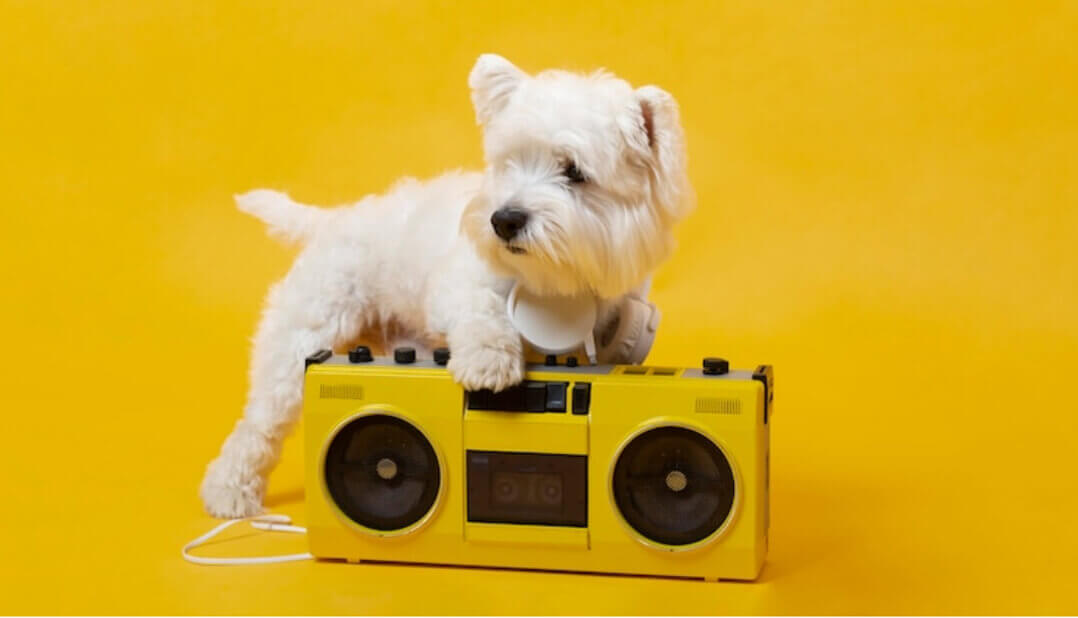
Image Source: Freepik
Pairing these sound sessions with treats and play can help your puppy form positive associations with these otherwise startling noises. This approach helps build their confidence and reduce the likelihood of fear-based reactions as they grow.
Play with the Grown-Ups
If your puppy’s illness is not contagious to adult dogs, inviting well-behaved adult dogs that you know are fully vaccinated and friendly can provide a valuable social learning experience for your puppy. Adult dogs can teach puppies appropriate social cues and behaviors, an essential part of their social development.
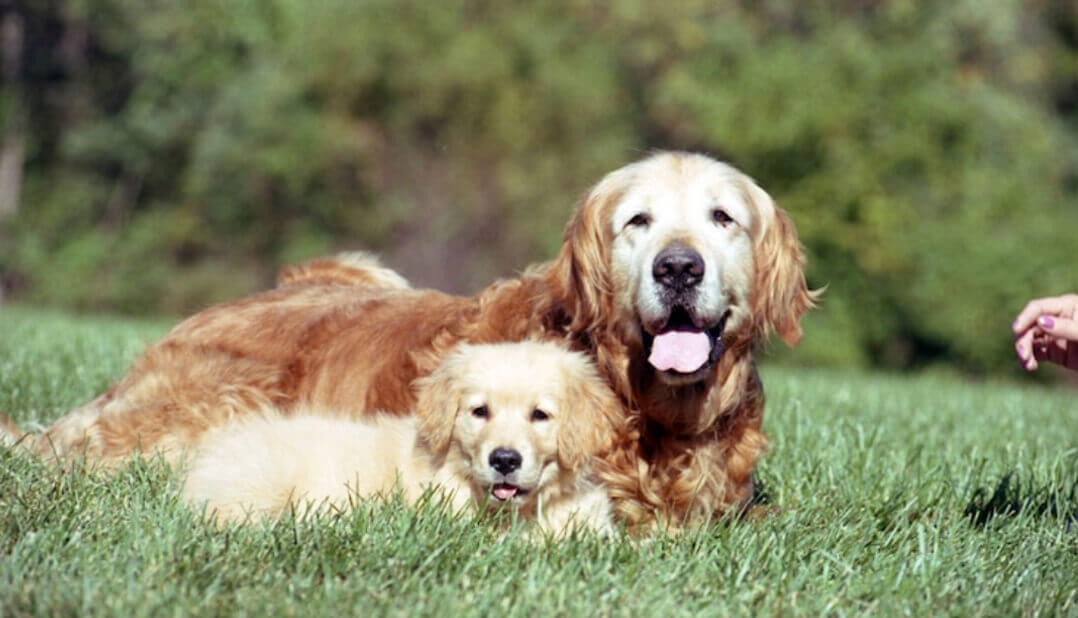
Image Source: Freepik
Ensure these playdates are supervised to keep play gentle and positive, using treats and praises to reinforce good interactions.
Play “I Spy”
Living in an area with lots of foot traffic offers a unique opportunity to socialize your puppy from the comfort of your porch or front yard. Sit with your puppy and gently reward them for calmly observing passing cars, people, and other dogs.
This activity can help your puppy get used to the sights and sounds of a busy environment in a low-stress setting. Rewards should be given for calm and curious behavior, helping to build positive associations with the bustling world outside.
Do Some Homework
Creating positive associations with common socialization challenges is a crucial aspect of puppy training that doesn’t necessarily involve direct interaction with the sources of stress. For example:
- Strangers and Kids: Gradually expose your puppy to new people and children in a controlled environment, ensuring positive experiences. Use treats and praises to reward calm behavior.
- Loud Noises: Similar to sound therapy, introduce your puppy to recordings of loud noises such as thunder, fireworks, and city sounds in a controlled setting. Start quietly and gradually increase the volume, always observing your puppy’s comfort level.
- Vet Exam Handling: Gently handle your puppy in ways they might experience during a vet visit—touching their paws, looking in their ears, and gently opening their mouth. Pair these actions with treats and positive reinforcement to build trust and comfort with being handled.
- Loud, Moving Things: Expose your puppy to the sight and sound of moving vehicles, vacuum cleaners, or bicycles from a safe distance, rewarding them for calm and curious interest rather than fear or aggression.
Get Outside
Once your puppy is fully vaccinated, taking them for walks is an invaluable part of their social and physical development. However, if your puppy is currently sick, it’s essential to ensure your puppy’s and other dogs’ safety.
Inform other dog owners to keep their dogs at a distance to prevent any potential illness transmission. This allows your puppy to experience the outdoors and safely observe the world.
Walks in less crowded areas can provide new sights, sounds, and smells for your puppy to explore, enriching their socialization experience without direct contact with other dogs.
Construct an Obstacle Course
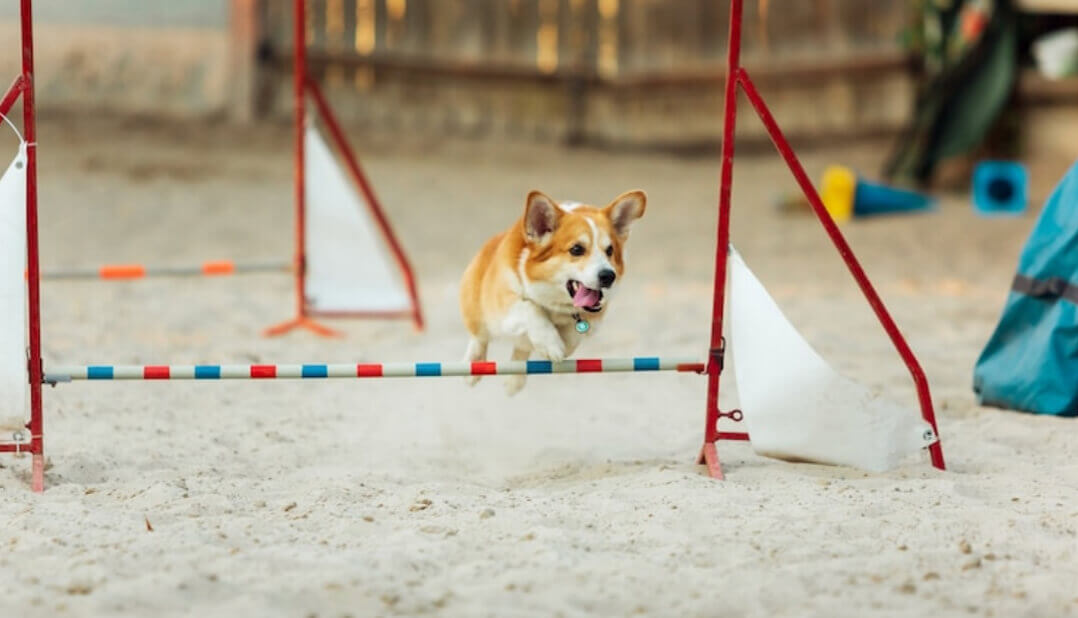
Image Source: Freepik
Creating an obstacle course for your puppy, both indoors and outdoors, can significantly contribute to their physical coordination, confidence, and problem-solving skills.
Indoors:
- Use everyday household items to create a safe obstacle course.
- Encourage your puppy to walk over a heating vent to get used to different surfaces and temperatures.
- If they’re physically ready for this exercise, guide them up and down the stairs
This helps them become more agile and comfortable with variations in their environment.
In Your Backyard
Set up a more elaborate obstacle course with wobbly surfaces to challenge their balance, tunnels to go through, planks to walk on, and Hula-Hoops to step in and out of.
Each obstacle course element introduces your puppy to new physical experiences and challenges, encouraging them to navigate different textures, heights, and spaces. It’s a fun, engaging way to enhance their sensory experiences.
When constructing your obstacle course, focus on creating positive experiences. Start simple to ensure your puppy doesn’t become overwhelmed or frustrated. Use treats and praise to encourage them through the course, and always supervise them to ensure their safety.
This playful approach to learning helps build their confidence in new situations and environments, a critical aspect of socialization.
Socialization with Precautions
When taking your puppy outside for socialization, it’s essential to take precautions to protect them from infectious diseases and ensure safe interactions with other dogs and people.
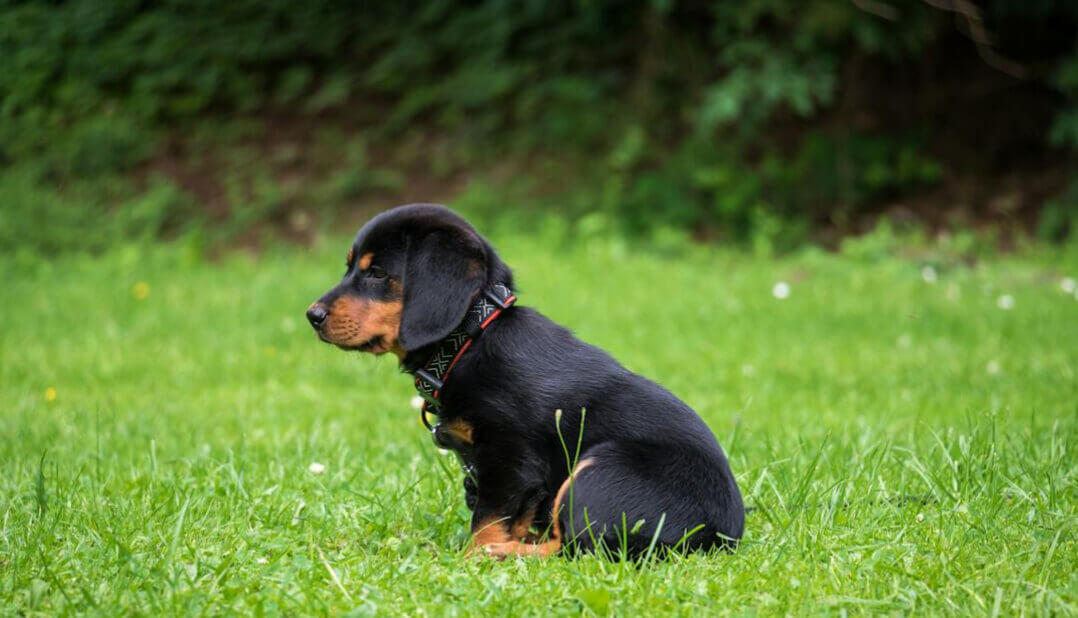
Image Source: Pexels
Protecting Against Communicable Diseases
Before fully vaccinating your puppy, they risk contracting diseases from other dogs and environments contaminated by infected animals. To mitigate this risk:
- Consult Your Veterinarian: Ensure your puppy is up to date with their vaccinations before exposing them to common outdoor areas frequented by other dogs.
- Choose Safe Environments: Opt for less crowded areas for walks and playtime. Private yards or quiet streets where fewer dogs go are preferable.
- Use Carriers or Strollers: For very young puppies or those not fully vaccinated, consider using a puppy carrier or pet stroller to take them outdoors without direct contact with the ground or other animals.
Managing Interactions from a Distance
Socialization doesn’t always mean direct contact with other dogs and people. There are ways to socialize your puppy while maintaining a safe distance:
- Observation from Afar: Use opportunities to observe people and other dogs from a distance. Reward your puppy for calm behavior and curiosity, building positive associations.
- Controlled Introductions: If you encounter other dogs and their owners, communicate clearly about your puppy’s health status. Ask them to maintain a distance, allowing your puppy to observe and interact from a safe space.
- Use Barriers to Your Advantage: Fences and gates can be helpful in controlled socialization, allowing your puppy to see and smell other dogs without direct contact.
Creating Positive Experiences
The goal of socialization is to create positive experiences for your puppy. Here are some tips to ensure these interactions are beneficial:
- Positive Reinforcement: Use treats and praise to reward your puppy for good behavior during these socialization experiences.
- Avoid Overwhelming Situations: Keep socialization sessions short and sweet to prevent your puppy from becoming overwhelmed or stressed.
- Gradual Exposure: Gradually increase the complexity and duration of socialization experiences as your puppy becomes more comfortable and confident.
Socializing your puppy with precautions is about balancing the need for early social experiences with the safety and health of your puppy. By taking these steps, you can provide your puppy with a solid foundation for becoming a well-socialized, happy adult dog.
Conclusion
Socializing your puppy, even under the constraints of illness or before they are fully vaccinated, lays the groundwork for their lifelong well-being, behavior, and emotional health. By employing creative and safe methods for socialization, such as indoor parties, controlled outdoor experiences, and sound therapy, you are not only protecting their physical health but also ensuring their development into well-adjusted, confident adult dogs.
Remember, every interaction, every new sound, and every novel experience contributes to your puppy’s understanding of the world. Approach socialization as an ongoing, positive journey, emphasizing safety and comfort, and you’ll build a strong, trusting bond with your puppy, setting the stage for a happy, sociable, and fearless companion.
At D for Dog Training, we’re committed to nurturing your puppy’s social skills in a fun and secure environment. Our Puppy Playgroup offers the perfect setting for your puppy to interact, learn, and develop alongside peers under expert supervision. Enroll in our Playgroup today and watch them thrive!
About the Author: Kaajal Tiwary
Kaajal (aka “KT”!) loves puppies and is dedicated to getting new puppy guardians off on the right paw and guiding her students through the tough early days of owning a dog. Her goal? Transforming each bundle of raw puppy energy into the perfect adult companion.
